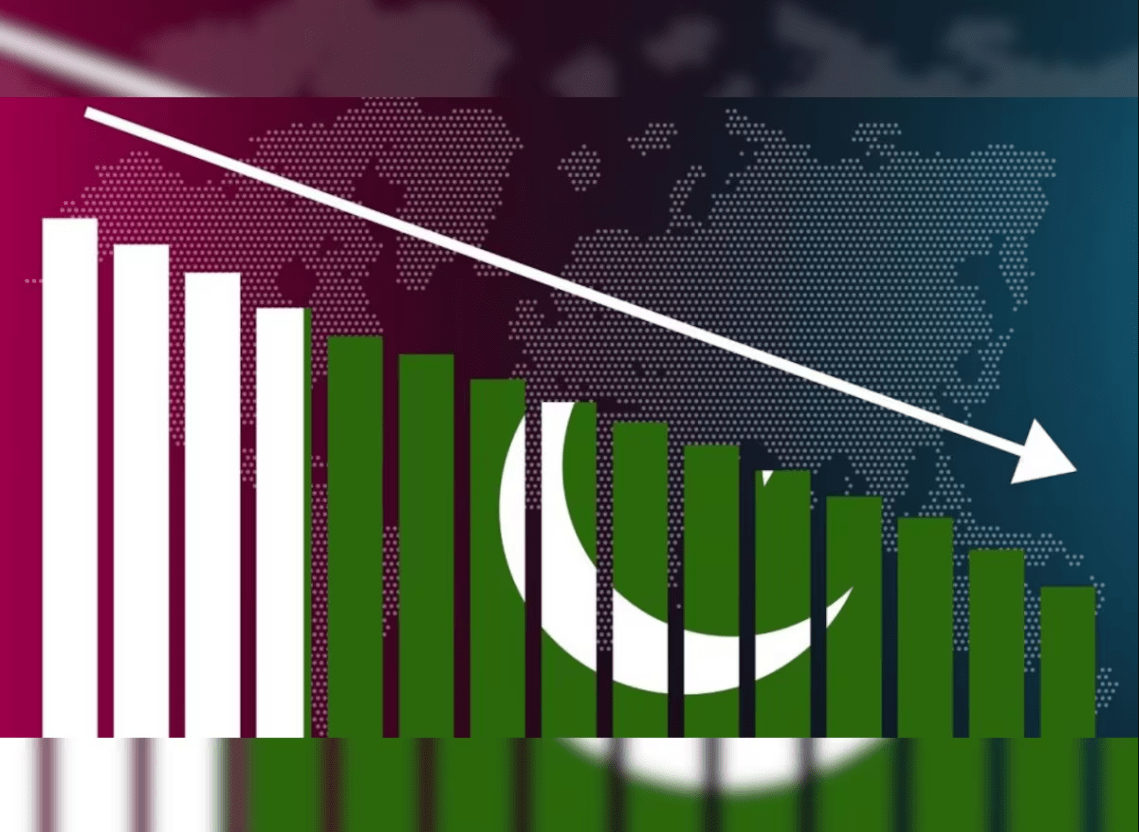
Pakistan is experiencing one of the worst inflation rates in its history. The response by the outgoing Prime Minister Shahbaz Sharif’s Government to the International Monetary Fund’s (IMFs) conditions, including the devaluation of the Pakistani rupee and increases in fuel prices, has exacerbated the situation. Those on low incomes have been hit the hardest by economic difficulties, with many experiencing job losses and reduced earnings. As a result, they have had to cut back on the amount and quality of food they can afford, seek out less expensive transportation options, and work multiple jobs to make ends meet. Financial mismanagement and political instability, stemming from military interventions, have further worsened the economic crisis. Much of the deterioration has occurred in the 17 months following the exit of Imran Khan as Prime Minister.The recent IMFs bailout instalment for Pakistan had temporarily eased the foreign exchange shortage and facilitate additional funding. However, the IMFs demand to raise sales tax rates, electricity tariffs, and fuel prices have worsened the economic hardship for people on low incomes and other marginalised populations. Widespread protests against higher electricity bills have already started across the country. In a cabinet meeting presided over by Caretaker Prime Minister Anwaar ul Haq Kakar on Aug 29, 2023, the interim Government expressed helplessness in proving tariff relief due to strict IMF conditions. The Human Rights Watch recently urged the IMF to assess the effect of these adjustments on vulnerable groups and use anticipated savings to expand social safety nets, and improve social services and tax collection infrastructure.1 The health card scheme, a pioneering attempt by Khan towards universal health coverage, has been blocked in Punjab—Pakistan’s largest province with a population of 110 million people.2The pharmaceutical industry in Pakistan is also facing major challenges. Banks are reluctant to open letters of credit due to the shortage of US dollars, even though the sector has been classified as a priority for imports by the State Bank of Pakistan. This situation has led to severe shortages of life-saving drugs needed to treat cancer, diabetes, epilepsy, and heart conditions. These shortages are the result of rupee devaluation, increased cost of raw materials, and reduced production from pharmaceutical companies, leading some people to pay twice as much for medications such as insulin on the black market while others are left without access to critical treatments.3Injections for cancer treatment, such as adriblastina, cisplatin, and carpsol, are no longer available, and even locally manufactured drugs such as tegral, used to treat epilepsy, are in short supply. Shortages of essential medical supplies and medications are causing the cancellation of necessary surgeries and transplantations in Pakistan, which is leading to a severe health crisis.4To address the crucial shortage of essential medicines, the Drug Regulatory Authority of Pakistan has forwarded a list of more than 110 medicines to the Ministry of National Health Service and recommended a price increase of 30%–50%.5 The Ministry of Health and the Drug Regulatory Authority of Pakistan recently requested a 350% increase in retail medicine prices following the threat of closure by the pharmaceutical industry.6 Sources suggest that the permanent solution to importing active pharmaceutical ingredients is opening letters of credit in yuan and lira.7The economic and health crises in Pakistan demand urgent and comprehensive government action that addresses the root causes of the crises. To ensure transparency and prevent corruption Pakistan has agreed to set up an electronic system for reporting high-level public office holders’ assets to the International Monetary Fund.8 However, how it will be implemented is yet unclear. To ensure the availability of essential medicines to all those in need, there is a need for a long-term strategy that does not disproportionately affect the most vulnerable. Implementing bold measures such as reduction in military spending to restore public confidence in the economy and safeguard the health and wellbeing of all citizens is critical. Elections in Pakistan are due to be held in the next few months. Many think that the solutions to Pakistan’s current woes lie in free and fair elections and a stable Government representing the will of people.I declare no competing interests.
References
- 1.
- Human Rights Watch
- 2.
- Shirazi Q
- 3.
- Junaidi I
- 4.
- The Express Tribune
- 5.
- Waqar Bhatti M
- 6.
- Hafeez H
- 7.
- ARY News
- 8.
- The News International






